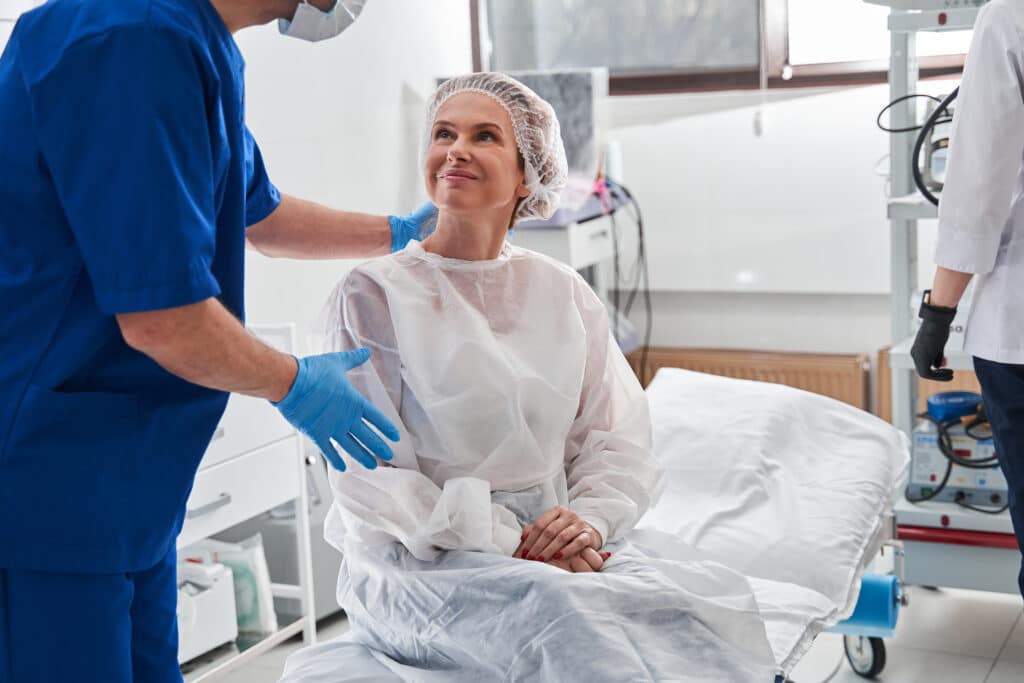Endoscopy is a broad term that encompasses non-surgical procedures performed using a flexible tube (endoscope) with a lighted camera. Digestive health providers can view the lining of your GI tract either through the scope or on a video monitor. There are several types of endoscopic procedures used by gastroenterologists today.

Doctors often recommend endoscopy to evaluate:
Endoscopy can also be used to take a biopsy or to help treat some digestive conditions. In the colon, polyps can be removed through the endoscope to help prevent colon cancer.
Before the procedure, you'll receive instructions on preparation, which may involve fasting to ensure clear visibility of the area being examined.
When you arrive at our healthcare facility, you'll complete the necessary paperwork and discuss your medical history. After changing into a hospital gown, you'll be administered anesthesia or sedation depending on the procedure, which could range from local anesthesia to general anesthesia.
The endoscope is gently inserted through an orifice, such as the mouth for upper gastrointestinal endoscopy (EGD) or the rectum for colonoscopy. This instrument enables real-time imaging of the internal area of interest. The examination may involve taking biopsies or tissue samples if any abnormalities are detected. The duration of the endoscopy varies but typically lasts from 15 minutes to an hour.
Following the procedure, you'll be monitored in a recovery area until the effects of any anesthesia or sedation wear off. While mild discomfort or bloating may be experienced, it generally resolves quickly. Our gastroenterologist at Concord, NC will discuss their findings with you, and if biopsies were taken, the results will be provided later.
The course you take to prepare for your endoscopy will depend on your gastroenterologist and the type of procedure, but in general, our patients should prepare to:
To view Northeast Digestive Health Center in Concord, North Carolina complete endoscopy prep instructions, click here.
Our gastroenterologist in Concord, NC may recommend an upper GI endoscopy to patients who are experiencing symptoms such as persistent upper abdominal pain, nausea and vomiting, difficulty swallowing, and unexplained weight loss.
In many cases, our doctors in NC perform endoscopy while the patient is under “conscious sedation”. In this type of sedation, the patient is relaxed and comfortable, but awake and able to follow commands.
An upper GI procedure in our centers takes between 15 and 30 minutes, plus preparation time and recovery. A colonoscopy may take about 30 to 60 minutes.
Wear comfortable clothing that you can easily remove, as you will change into a hospital gown for the procedure.